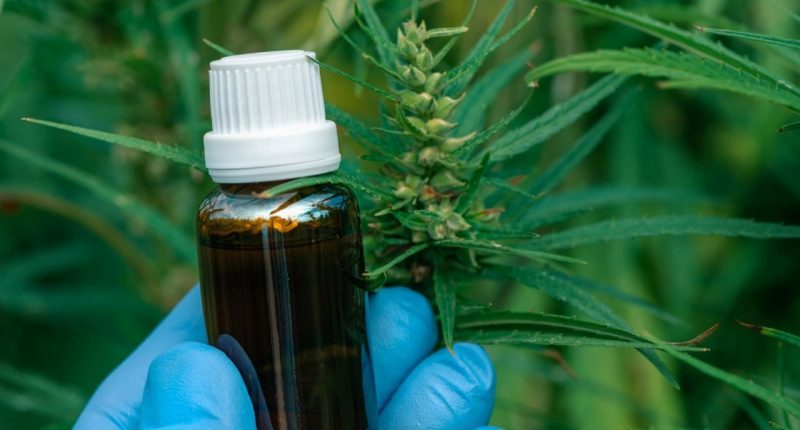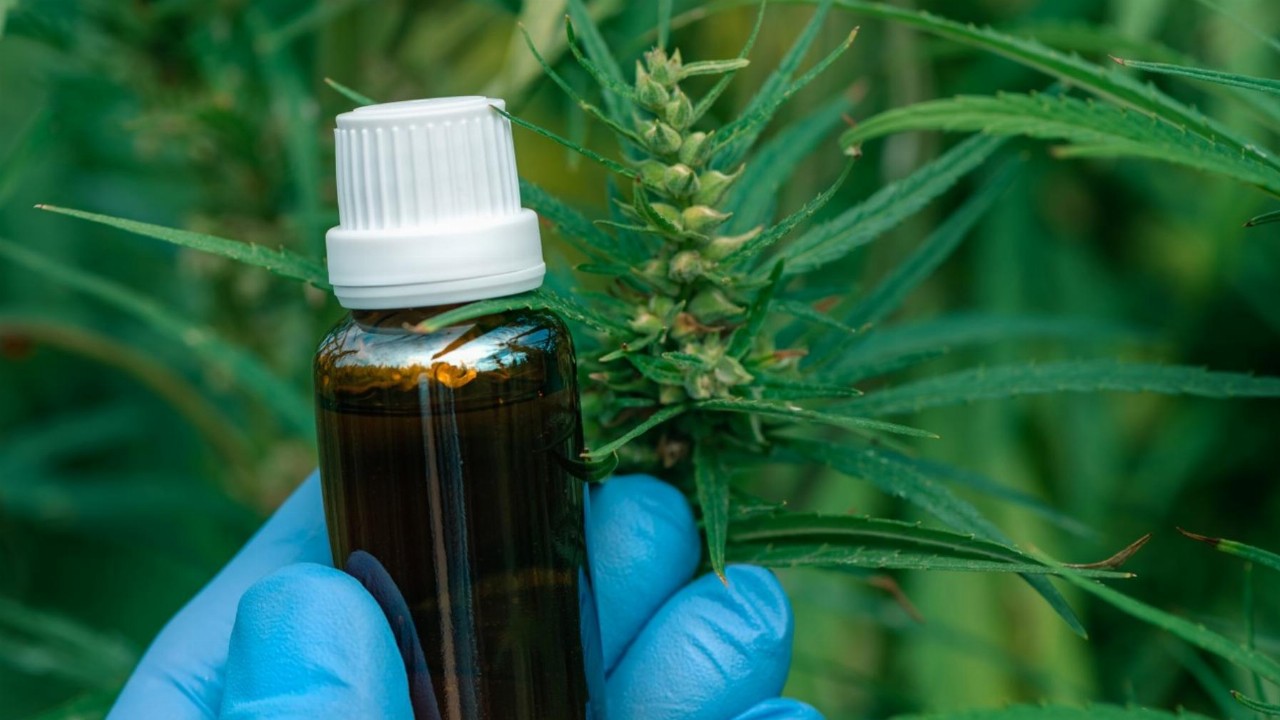- The Australian cannabis and hemp industries have largely taken a back seat in 2020 as COVID-19 thrust commodities and tech stocks into the spotlight
- However, recent changes to TGA’s Poisons Standard for cannabidiol products has turned investors’ heads to the lucrative plant once more
- Cann Global has already built up a solid cannabis-based product range and is about to launch hemp-based skincare products and medicinal cannabis tablets
- The company has four key focus areas: food, hemp cultivation and processing, skincare, and medicine
- Cann Global’s products are already available on the shelves and online with major distributors like Woolworths, Amazon, and Costco
- Now, thanks to a 2018 joint venture deal with Canada-based Canntab Therapeutics, Cann Global will launch its unique medicinal cannabis products in Australia for the first time
- Cann Global is poised to slide nicely into the slipstream of the Australian cannabis market, which is only getting stronger
The Australian cannabis and hemp industries have largely taken a back seat in 2020 as COVID-19 thrust commodities and tech stocks into the spotlight.
However, the Australian Therapeutics Goods Administration (TGA) has recently highlighted some upcoming changes to its Poisons Standard for cannabidiol (CBD) products — turning investors’ heads to the lucrative product once more.
But a handful of ASX-listed companies have already built up an established market for cannabis products, which is now set to be boosted even further by the TGA regulation shift.
Among these is cannabis and hemp specialist Cann Global (CGB), which already sells cannabis-based organic wholefoods and is about to launch its hemp-based skincare products and medicinal cannabis tablets.
Who is Cann Global?
Cann Global has four key focus areas: food, hemp cultivation and processing, skincare, and medicine.
Importantly, the company benefits from a vertically integrated business model wherein the entire process of creating a hemp product is taken care of by Cann; from seed to consumer, Cann Global has a hand in the process.
Moreover, Cann Global’s food products are already available overseas on the shelves and online with major distributors like Woolworths, Amazon, and Costco.
Of course, Australia has largely been playing catch up with the rest of the developed world when it comes to understanding cannabis and the difference between strains of the plant.
Even so, the medicinal cannabis market is relatively immature globally as governments keep strict regulations on the plant.
Australia’s changing cannabis landscape
When the Turnbull government first legalised the plant for medicinal use in 2016, Australia was still leagues behind many other Western countries. For example, some states in the U.S. started legalising the plant for recreational use in 2012.
Yet, it’s important to note that even though the legality of cannabis differs at a state level in the U.S., the plant is still entirely illegal at a federal level. Banks in America will not open accounts to companies involved in cannabis, and even hemp products were only legalised at a federal level very recently.
In Australia, the plant has slowly been taking ground in terms of legislation, but it still has some ways to go. The Office of Drug Control (ODC) issued Australia’s first cultivation licence in 2017, and by 2020 the product could be prescribed by a local GP for pain relief in any Australia state.
This gives Australia a foot in the door of the global cannabis market, which Grandview estimates will be worth almost US$74 billion (around A$104 million) by 2027.
But just because its legal doesn’t mean it’s easy to get.
Cannabis is still shrouded in stigma, and a general lack of education around medicinal cannabis in the healthcare sector means doctors are very rarely prescribing medicinal cannabis as a treatment.
As it stands, only 5 per cent of Australian doctors currently prescribe cannabis medication to patients, and even then, only one in ten of these doctors’ patients are generally prescribed the drug.
Moreover, Australians are generally cautious around cannabis products, often due to a simple lack of understanding about the plant, meaning they are often reluctant to ask their GPs for alternative therapies.
This is part of Cann Global’s mission; the company is ready to lead the category by owning the conversation around medical cannabis — shifting it from scepticism to reason and acceptance.
There’s a crucial role for Cann Global and other industry players to play in the health and wellbeing of global citizens.
More than meets the eye
Much of the scepticism around cannabis comes from a limited understanding of the chemicals found in different strains of the plant.
It’s becoming more widely known that there are two main cannabinoids found in cannabis: tetrahydrocannabinol (THC) and cannabidiol (CBD). Generally speaking, THC is responsible for the psychoactive effects of the plant while CBD is responsible for its calming effects.
Hemp is cannabis with less than 0.3 per cent THC — meaning it does not give any sort of high.
Yet, Cann Global said there is far more to the plant than these two cannabinoids. In fact, the company explained the cannabis plant produces over 100 different types of cannabinoids, each of which acts on human cannabinoid receptors in different ways.
This is the basis for Cann’s business: unlocking the benefits and subsequent value of cannabis through its diverse product range.
Cann Global in Australia
Australia is primed to get access to Cann’s product range through a joint venture deal with Canada-based Canntab Therapeutics signed in January 2018.
Under the partnership, Cann Global will launch its unique medicinal cannabis products in Australia for the first time.
Cann Global has locked in an import permit and already made an initial order for six products out of the Canntab range to be imported for distribution across Australia. The range includes two tetrahydrocannabinol (THC) products, two cannabidiol (CBD)-only and two THC/CBD blends.
The Australia launch is timed impeccably; as the TGA relax cannabis regulations, more Australians will be exposed to the plant. When this happens, CGB products will be in the spotlight with the Canntab deal.
CGB in a sturdy peer group
What’s more, Cann doesn’t need to dedicate time and resources to establishing the Australian cannabis market — the company’s ASX-listed peers have already laid the groundwork.
For example, Althea (AGH) imports and supplies medicinal cannabis products to Australians. The company has a $107 million market cap.
Botanix Pharmaceuticals (BOT) makes synthetic cannabinoid products for dermatology and antimicrobial products. Botanix has a $97 million market cap.
Cann Group, which received Australia’s first-ever cultivation licence, produces a range of medicinal cannabis products and operates in a $95 million market cap.
The takeaway is this: Cann Global is taking its place in the same arena as these listed cannabis entities and already has established business partnerships and a solid product base.
Thus, with its manageable market cap of around $25 million, CGB is poised for a growth spurt as soon as its products hit Aussie shelves. From there, the company will slide nicely into the slipstream of the Australian cannabis market, which is only getting stronger.
It’s up to investors, then, to nab their piece of the Australian cannabis pie before it takes off and they miss their chance.








